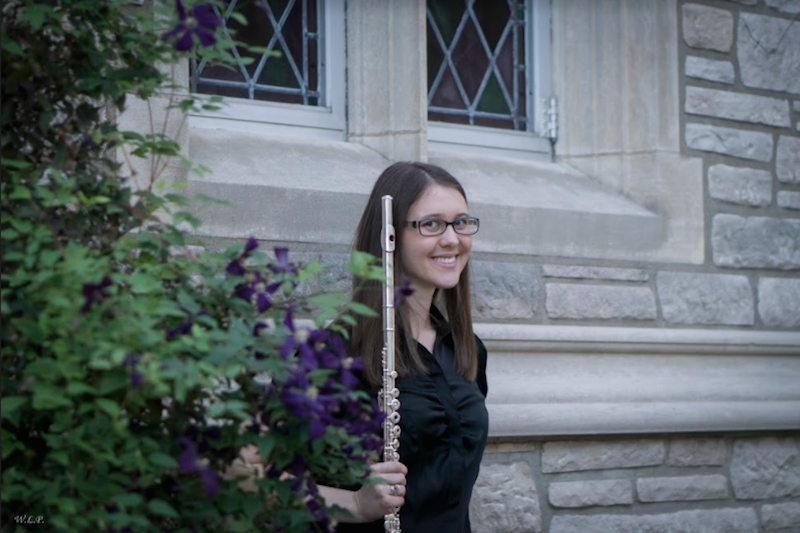The Caffeinated Flutist Vol. 18 – When Your Fields Intersect
by Mary Hales
Hey there, flute-trepreneurs!
I know I’ve talked some on my blog before about having two concentrations, balancing them, and splitting my brain between them, but I thought it might also be fun to talk about what I do and how I feel when my disciplines intersect. So without further ado, I’ll dive right in!
As a performer, I consider music theory to be incredibly important to what I do on stage; I thought that way even before I wanted to do a second Masters degree in it. As my studies have advanced and I’ve reached classes like Schenkerian Analysis and 18th-Century Counterpoint (both of which I’m currently taking), my thoughts turn more and more to how I can apply this sometimes-new knowledge to a performance setting. Studying different aspects of compound melody in my 18th-Century Counterpoint class, for instance, informs both how I perform and how I listen to Bach’s solo suites and partitas—one of which I performed on my graduate recital last April.
So as much as I’ve talked about the need to split one’s brain, here’s some advice for putting everything back together again!
- Embrace it! If you’re like me and like to keep your life at least somewhat compartmentalized, it can be a little weird when things start to mix. Of course, I’ve accepted that this happens for me with both of my specialties being somewhat narrow and closely related, so this step has been a little easier for me. That takes me to my next point…
- Let your fields complement each other as they will. You can’t always predict the way facets of your fields will fit together, and I’ve learned to let that be part of the fun (even if it gets a little frustrating or tiresome after a while). One of the most entertaining things for me about being a flutist and a theorist is the way a harmonic or formal analysis can inform the way I perform a piece, or even how I practice my etudes—if I choose to emphasize one section over another, it’s not for no reason.
- Think outside the box. Don’t be afraid to let yourself fall down the rabbit hole and think about how things in your two (or more) fields might be interconnected—within good reason, of course! With the nature of the music industry these days, it’s becoming more and more important to let individuality shine through and have the ability to distinguish yourself from the rest of the pack. This is part of the reason I wanted to do a second degree—versatility is marketable, and embracing that versatility is always handy.
That’s all for now, folks! Until next time!
Flutist Mary Hales is a native of Conway, Arkansas, currently studying under Alice K. Dade at the University of Missouri School of Music for her Masters in Flute Performance. Follow more of her writing at maryhalesflute.wordpress.com; find her on social media with the handle @maryhalesflute.
